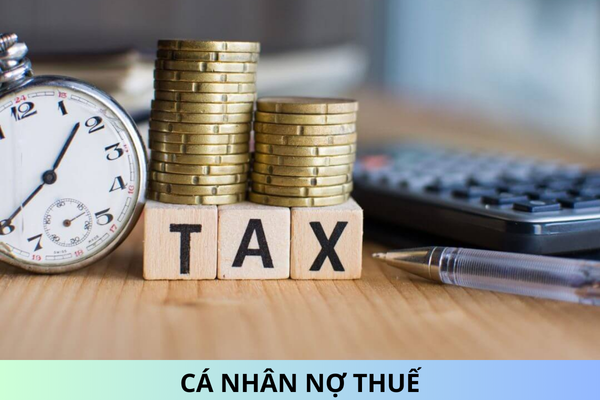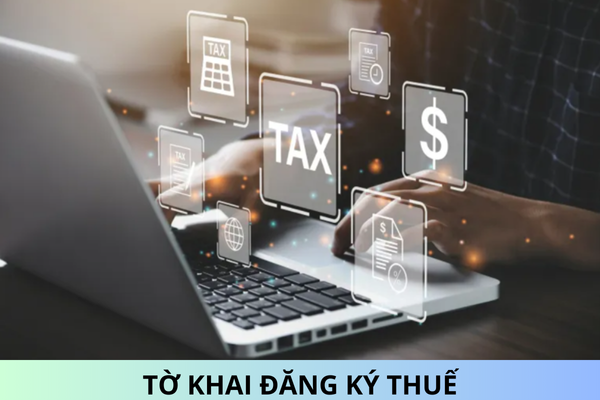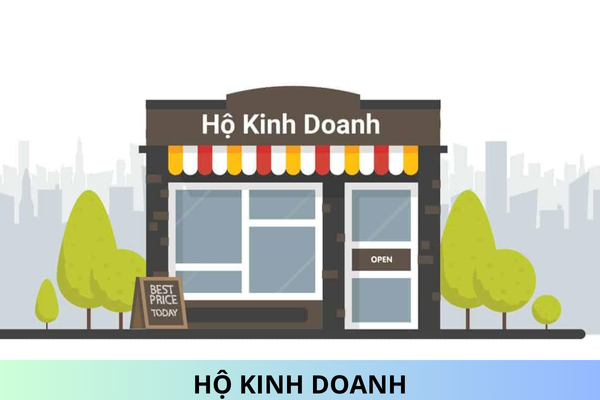When Is It Not Required to Pay for the Use of E-invoices with Tax Authority Codes?
What is an electronic invoice?
Pursuant to Clause 2, Article 3, Decree 123/2020/ND-CP, an electronic invoice is an invoice with or without the tax authority’s code, expressed in the form of electronic data created by organizations and individuals selling goods and providing services using electronic means to record information on the sale of goods and provision of services in accordance with the law on accounting and tax regulations. It includes invoices created from a cash register connected to transmit electronic data to the tax authority, in which:
- Electronic invoices with a tax authority’s code are electronic invoices issued with a code by the tax authority before the organization or individual selling goods or providing services sends it to the buyer.
- Electronic invoices without a tax authority’s code are electronic invoices issued by the organization selling goods or providing services to the buyer without the tax authority’s code.

When is it free to use electronic invoices with a tax authority's code? (Image sourced from the Internet)
What content must an electronic invoice include?
According to Article 10 of Decree 123/2020/ND-CP, the content required on an electronic invoice includes:
(1) Invoice name, invoice symbol, invoice form number;
(2) Copies of the invoice applicable to invoices printed by the tax authority, following the guidance of the Ministry of Finance;
(3) Invoice number;
(4) Name, address, and tax code of the seller;
(5) Name, address, and tax code of the buyer;
(6) Name, unit of measure, quantity, unit price of goods and services; total amount before VAT, VAT rate, total VAT amount for each VAT rate, total VAT amount, total amount after VAT;
(7) Seller’s signature, buyer’s signature;
(8) Invoice creation time as instructed in Article 9, Decree 123/2020/ND-CP and displayed in the format day, month, year of the Gregorian calendar;
(9) Electronic time-stamp on the electronic invoice by the seller and buyer, using digital signatures displayed in the format day, month, year of the Gregorian calendar. If the electronic invoice has a different time-stamp than the invoice creation time, the tax reporting time should be the invoice creation time;
(10) Tax authority’s code for electronic invoices with the tax authority’s code as regulated in Clause 2, Article 3, Decree 123/2020/ND-CP;
(11) Fees, state budget fees, trade discounts, promotions (if any) as guided in point e, Clause 6, Article 10, Decree 123/2020/ND-CP and other related contents (if any);
(12) Name, tax code of the organization authorized to print the invoice as per tax authority’s instructions;
(13) Text, digits, and currency on the invoice;
(14) Other contents on the invoice.
Additionally, in some cases, electronic invoices do not necessarily have all the contents as detailed in Clause 14, Article 10, Decree 123/2020/ND-CP.
When is it free to use electronic invoices with a tax authority’s code?
Pursuant to Clause 1, Article 14, Decree 123/2020/ND-CP, the provision of electronic invoice services is as follows:
Provision of electronic invoice services
1. Cases where the use of electronic invoices with a tax authority’s code is free of charge for 12 months from the date of starting to use electronic invoices include:
a) Small and medium-sized enterprises, cooperatives, households, and individual businesses in areas with difficult socio-economic conditions, areas with especially difficult socio-economic conditions. The areas with difficult socio-economic conditions, areas with especially difficult socio-economic conditions are specified in the list of incentivized investment areas issued with Decree 118/2015/ND-CP dated November 12, 2015, of the Government detailing and guiding the implementation of some articles of the Investment Law and supplemented or replaced documents if any.
b) Other small and medium-sized enterprises at the request of the People’s Committee of provinces and cities directly under central authority to the Ministry of Finance, excluding enterprises operating in economic zones, industrial parks, high-tech parks.
...
Thus, the cases where the use of electronic invoices with a tax authority’s code is free of charge for 12 months from the date of starting to use electronic invoices include:
- Small and medium-sized enterprises, cooperatives, households, and individual businesses in areas with difficult socio-economic conditions, areas with especially difficult socio-economic conditions.
Areas with difficult socio-economic conditions and areas with especially difficult socio-economic conditions are specified in the list of incentivized investment areas issued with Decree 118/2015/ND-CP and supplemented or replaced documents if any.
- Other small and medium-sized enterprises at the request of the People’s Committee of provinces and cities directly under central authority to the Ministry of Finance, excluding enterprises operating in economic zones, industrial parks, high-tech parks.
The General Department of Taxation will implement or authorize electronic invoice service providers to provide electronic invoices with a tax authority’s code free of charge for the aforementioned entities.
Furthermore, according to Clause 2, Article 14, Decree 123/2020/ND-CP, enterprises, economic organizations, households, and individual businesses not specified in Clause 1, Article 14, Decree 123/2020/ND-CP, when using electronic invoices with a tax authority’s code and electronic invoices without a tax authority’s code through an electronic invoice service provider, must pay for the service according to the contract signed between the parties.










